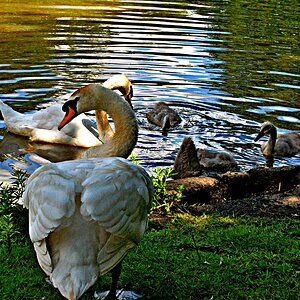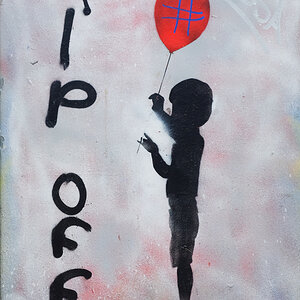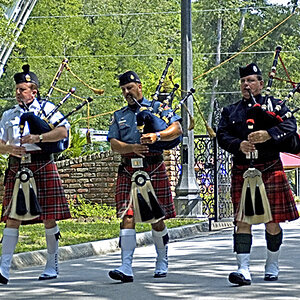Ashley_snap18
TPF Noob!
- Joined
- Jan 16, 2017
- Messages
- 5
- Reaction score
- 4
- Can others edit my Photos
- Photos NOT OK to edit
I'm new and wasn't sure exactly what forum I should post this in. I've gone to school for photography and I have a Canon EOS Rebel T3i Digital SLR Camera and a 18-55mm lens. I am trying to launch my own photography business and need to upgrade my camera. I mostly do outdoor portraits of people. What kind of camera would I use for a professional business? I feel confident in my skills, but would like advice as to what kind of camera and lens professional photographers use. I'm thinking I want a Canon. Any suggestions/feedback would be very helpful! Thanks in advance!



 Everyone knows it is all about the equipment.
Everyone knows it is all about the equipment. 
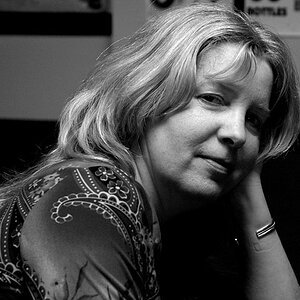

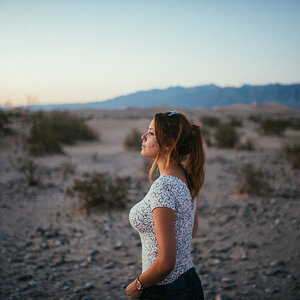
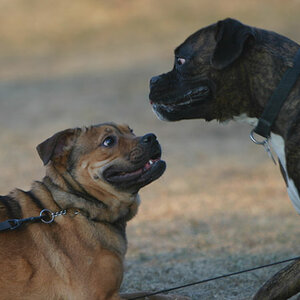
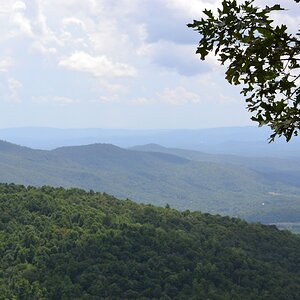
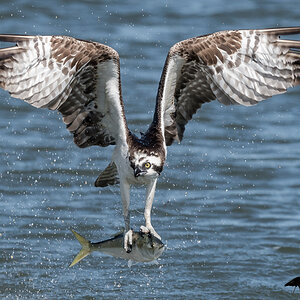
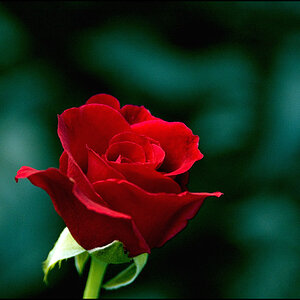
![[No title]](/data/xfmg/thumbnail/39/39447-6e7679723d775935851f055bae9712ba.jpg?1619739036)
![[No title]](/data/xfmg/thumbnail/39/39448-28e9a5e96080f7edcaf8e4226d8a0a6c.jpg?1619739036)
